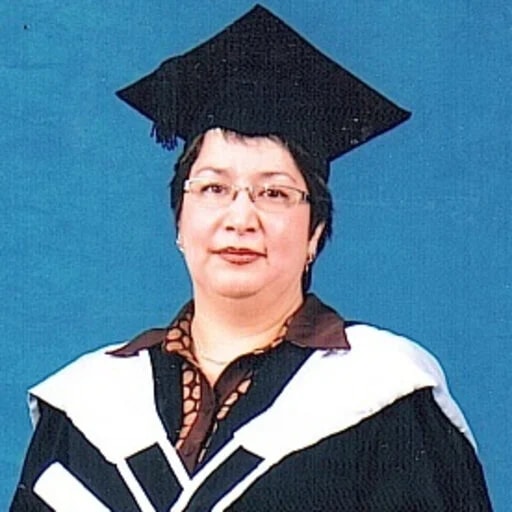The Right to Make Mistakes: How Russian Universities Are Embracing Simulation-Based Learning
Simulation-based learning is transforming professional education in Russia, providing an unprecedented level of safety for patients, clients, and expensive equipment. Students can make mistakes in a controlled environment — and turn them into valuable learning experiences.
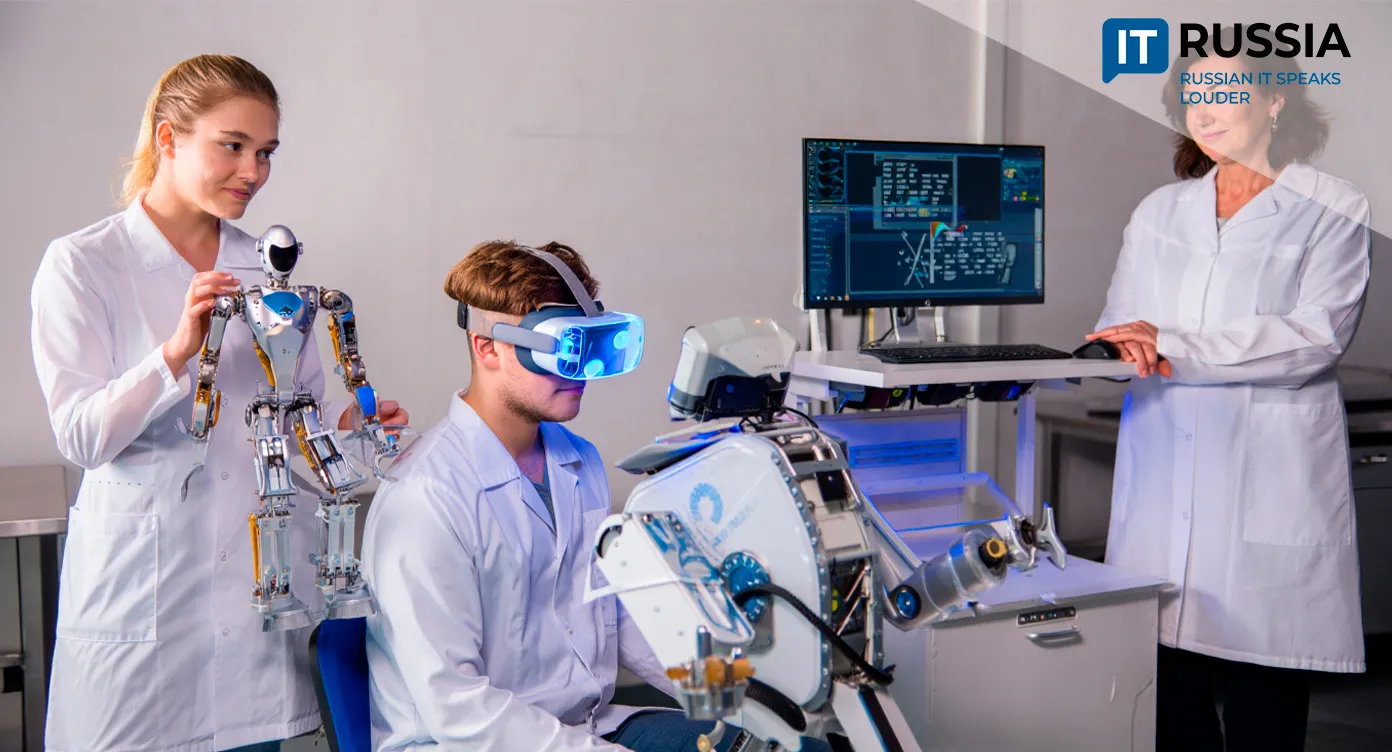
Beyond Artificial Intelligence
Imagine unexpected complications during a complex surgical operation. Or a sudden failure of multiple aircraft engines mid-flight. Perhaps a malfunction in a manufacturing plant where a critical mechanism stops working. In real life, such situations could end in disaster. Simulation-based learning allows professionals to practice precise, coordinated responses without risk.
This approach is gaining momentum across Russia’s modern education and professional development landscape. It enables both students and professionals to hone their technical and psychological skills within simulated environments — using virtual reality (VR), augmented reality (AR), computer simulations, or physical mock-ups that recreate real-world scenarios.
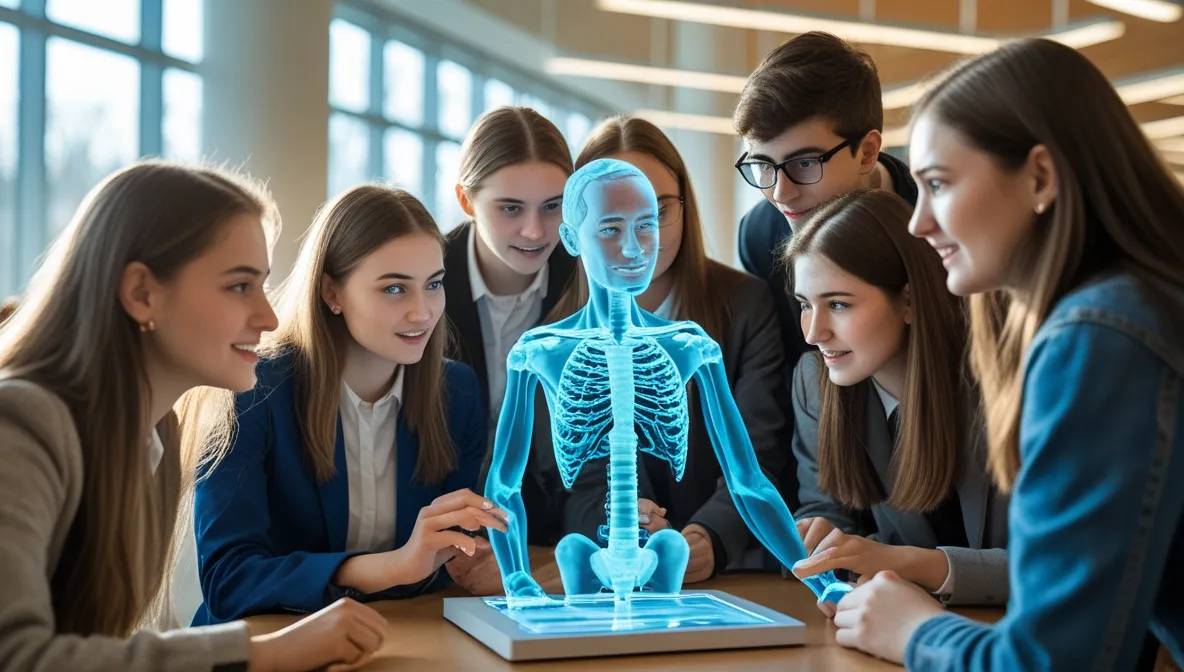
A recent study, 'Simulation-Based Learning Through the Eyes of Students,' conducted at the Medical Institute of Surgut State University, showed that students view the practice as essential, engaging, and necessary. Many even suggested extending training hours on simulators for key clinical disciplines — and were ready to train in their free time.
Setting the Rules of the Game
The future looks bright. Russian EdTech companies and universities that have already developed their own simulation platforms now have an opportunity to compete globally. Domestically, the technology is expected to drive an educational boom. Simulation training is becoming standard not only in universities but also in technical colleges and corporate training programs.
The dominant trend is full immersion — learning experiences that feel like interactive games or science-fiction scenarios, powered by VR and AR technologies. In the coming years, disparate pilot projects are likely to merge into a unified system with advanced, 'smart' simulators capable of analyzing user actions and providing real-time feedback.
To achieve this leap, institutions need specialized simulation centers and faculty trained to use digital tools effectively. A critical next step will be to establish unified 'rules of the game' — nationwide standards ensuring consistent, high-quality training across Russia.
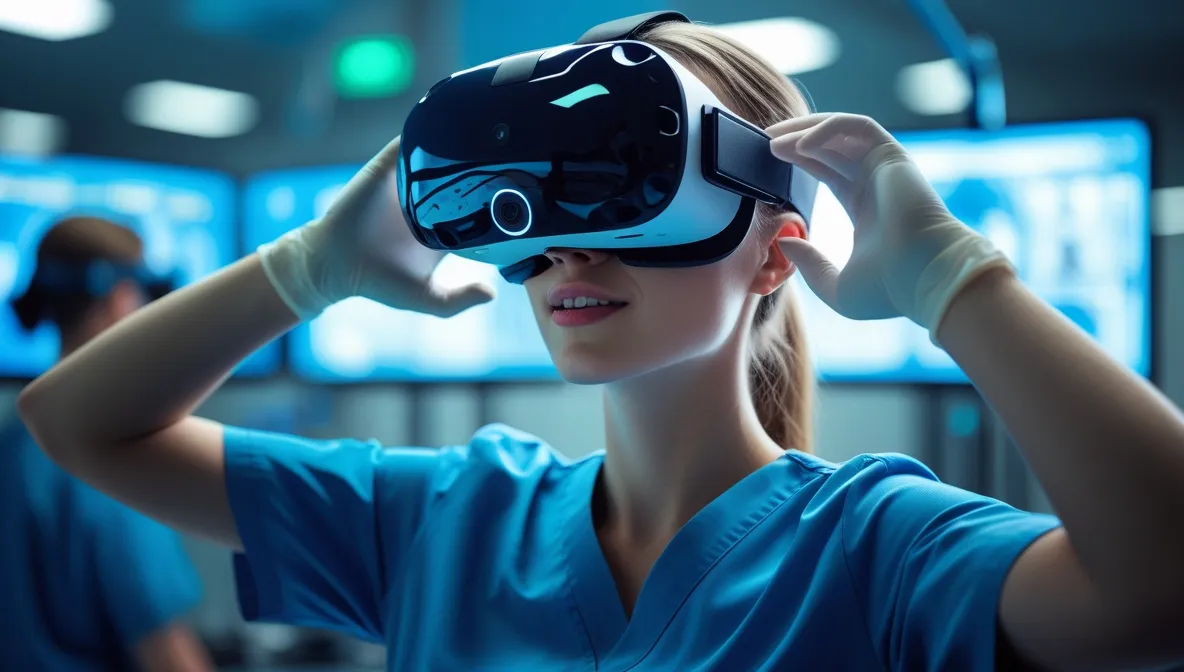
Meet 'Victor,' the Teaching Robot
Beyond immersive tech, Russian developers are turning simulation-based education into thriving EdTech startups. These ventures offer turnkey training solutions for universities and corporations. One notable case, MEL Science Ltd., offers a VR-based chemistry curriculum subscription that lets users 'step inside' a chemical reaction — building molecules, manipulating atoms, and visualizing reactions in real time.
However, the most advanced applications are found in medicine. Simulation technologies play a key role in postgraduate medical training, helping doctors perfect surgical techniques and rehearse complex clinical scenarios.
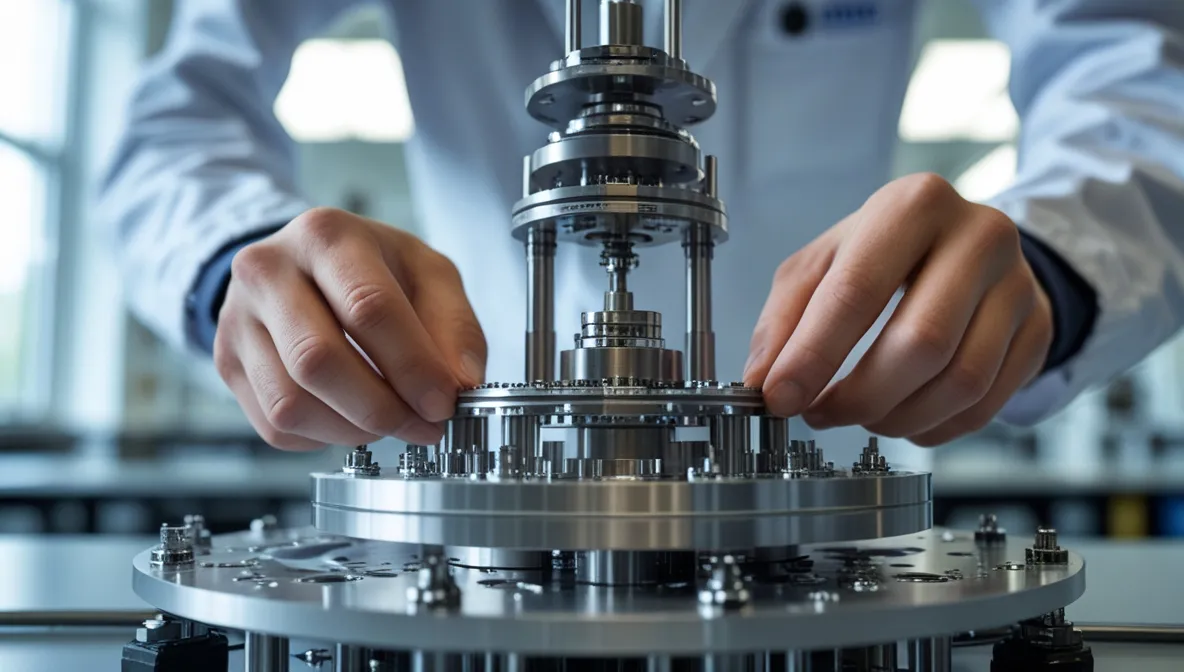
A standout example is the 'Victor' intensive care simulator — a robotic patient used for team and individual medical training. The simulation suite includes a robotic mannequin, a functional hospital bed, patient monitors, ventilators, defibrillators, and more. Meanwhile, at Kamchatka Medical College, students use a model of a human arm to measure pulse, blood pressure, and heart rate — without worrying about real-world consequences.
A New Standard of Quality
For Russia, the rise of simulation-based learning marks a major leap forward — a reboot of its entire education system. The country is following a global trend while developing its own unique educational models. This approach levels the playing field: every student trains under identical, perfectly simulated conditions.
The result is an objective, transparent assessment of skills — no more excuses about 'different equipment' or 'special conditions.' From Kaliningrad to Vladivostok, future professionals will meet the same high-quality standards.


